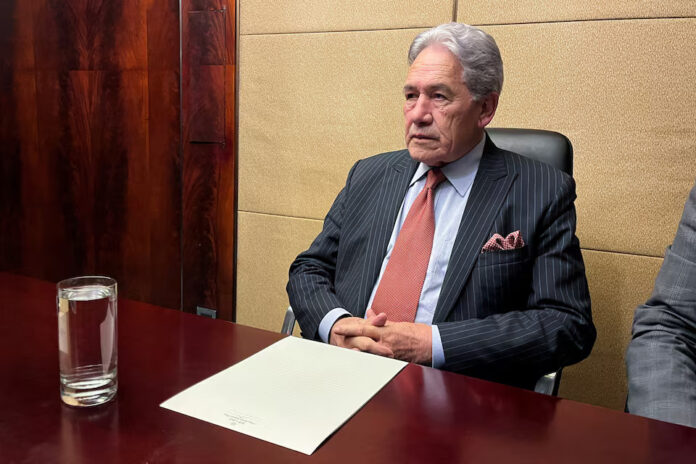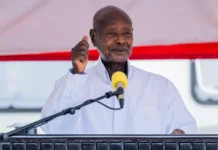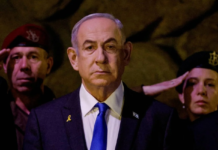
New Zealand will reimpose United Nations sanctions on Iran over concerns that Tehran has failed to comply with its nuclear obligations under the 2015 Joint Comprehensive Plan of Action (JCPOA), Foreign Minister Winston Peters announced on Friday.
The sanctions, which will take effect on October 18, follow similar moves by Britain, France, and Germany, who cited Iran’s continued breaches of the nuclear accord.
The reimposition reflects growing global frustration over Tehran’s escalating uranium enrichment and its refusal to fully cooperate with the International Atomic Energy Agency (IAEA).
“This reimposition of U.N.-mandated sanctions reflects the international community’s deep concerns about Iran’s non-compliance with its nuclear obligations and unjustifiable levels of uranium enrichment activity,” Peters said in a statement.
“New Zealand has consistently supported diplomatic efforts to prevent the proliferation of nuclear weapons from any source. We strongly encourage Iran to re-engage in negotiations and resume full cooperation with the IAEA.”
The renewed sanctions will impose a freeze on Iranian assets, travel bans on designated individuals, and restrictions on imports and exports of certain nuclear and military-related goods.
The measures also place a duty on New Zealand citizens and businesses to exercise vigilance in their dealings with Iran.
Peters added that New Zealand will introduce a compulsory registration scheme for nationals intending to conduct business with Iran, which will come into effect on February 1, 2026.
The decision comes amid heightened tensions between Tehran and Western nations. In August, Australia expelled Iran’s ambassador after accusing Tehran of orchestrating two antisemitic arson attacks in Sydney and Melbourne, underscoring growing international concern over Iran’s regional and global activities.
The 2015 JCPOA was designed to curb Iran’s nuclear program in exchange for sanctions relief, but compliance has deteriorated since the U.S. withdrawal in 2018.
Efforts to revive the agreement have repeatedly stalled, and Iran’s nuclear program has advanced significantly, raising fears of a renewed nuclear crisis.
Source: Reuters
Written By Rodney Mbua


















